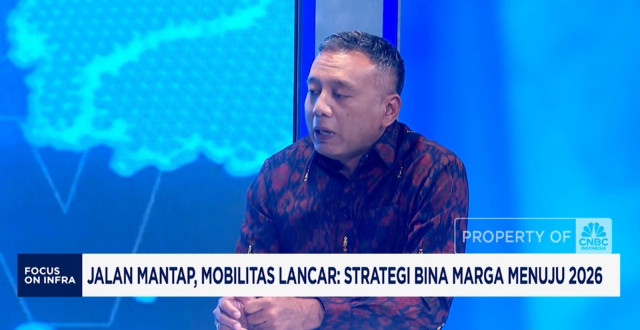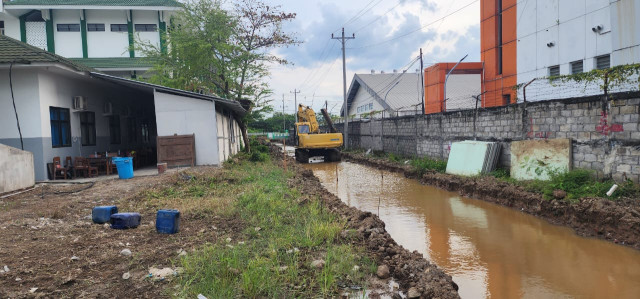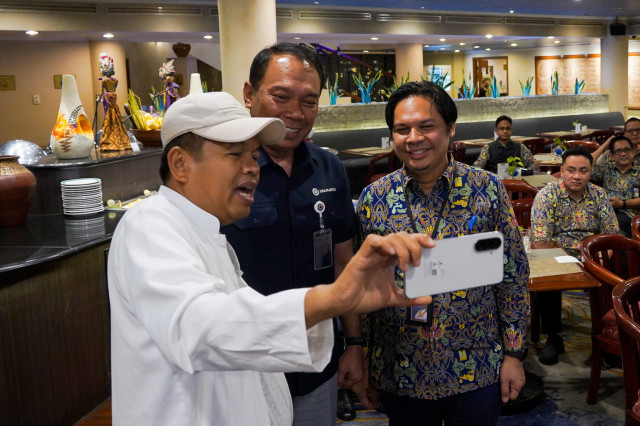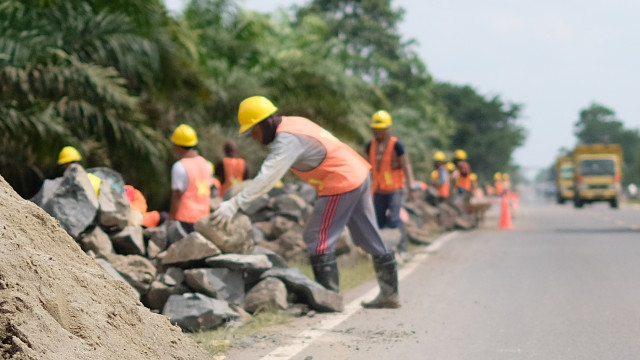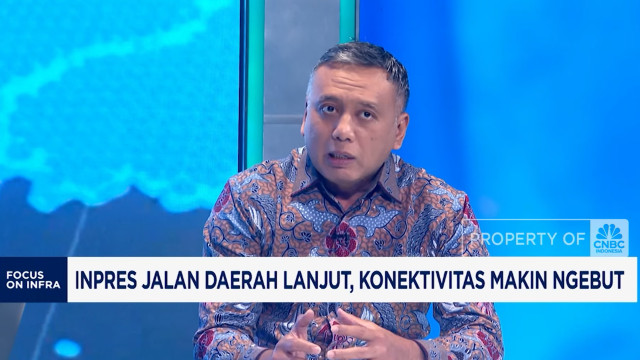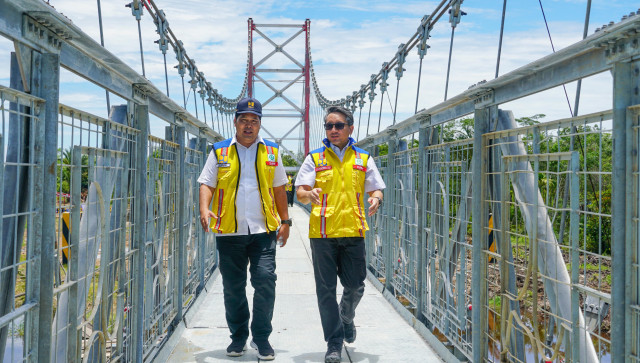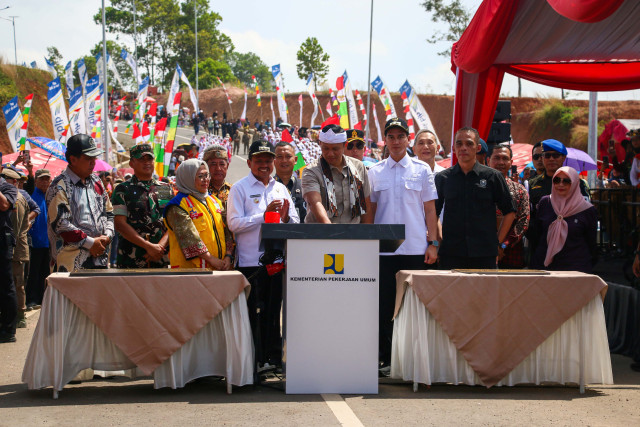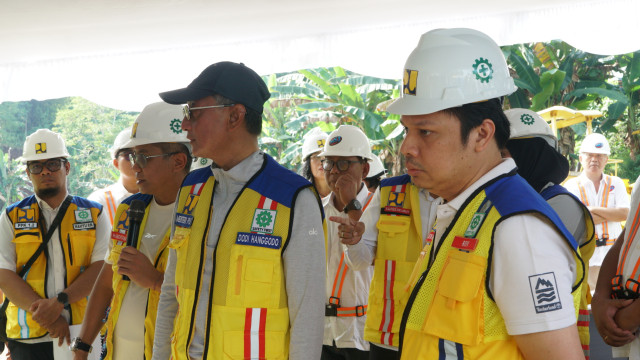DG of DGH initiates PPP-AP Financing Scheme
- 03 Juli 2019
- News/General
- 1381 viewed

YOGYAKARTA (BINA MARGA) - The Directorate General of Highways of the Ministry of Public Works and Public Housing (PUPR) is pioneering the Government Cooperation Agency for Business Availability-Payment Payment (KPBU-AP) for funding road maintenance work (preservation). This was revealed by the Secretary of the Directorate General of Highways, Ministry of Public Works and Housing, Soebagiono at the Education Seminar on the Service for Innovation in the Implementation of Road Infrastructure, in Yogyakarta, Tuesday (2/7).
According to Soebagiono, in the Strategic Plan (Renstra) for the 2015-2019 period, the Directorate General of Highways targets the achievement of a 98% stability level for 47,017 KM of National Roads. However, entering the final year of the Strategic Plan, Bina Marga seems to have only been able to reach a level of road stability of 92-93%.
"Our road preservation is indeed not encouraging, at the end of the Renstra period there will be a 5-6% gap," explained Soebagiono.
Budgetary constraints have made DGH not yet able to achieve these targets. The reason is that in the RPJMN (2015-2019) and the Ministry of PUPR's Strategic Plan the allocation for financing national roads is IDR 278 trillion, but the total approved DIPA of DGH is only IDR 235 trillion.
"There is an accumulation of backlog of Rp. 44 trillion so that it has an impact on the achievement of the target of road stability, the target of bridge improvement and the physical condition of the road construction, which have not all been paved," explained Soebagiono.
Reflecting on this fact, Bina Marga is pioneering the PPP-AP Scheme as an effective solution for accelerating national development, creating more sustainable national road services, increasing the effectiveness of the use of the APBN for the certainty of output of public services, and increasing the role of Business Entities in the provision of public infrastructure.
PPP-AP is actually a new Delivery System form from the Ministry / Institution to service providers to carry out an activity. Currently the government usually uses the Self-Manage, Build Contract, Design Build Contract and Design Finance Build Contract schemes.
The difference in principle of the PPP scheme is that of conventional schemes, namely the imposition of risk to business entities that can manage it effectively and efficiently, so that there is no risk of cost overruns, the risk of delay in construction time, risk of quality of service, more controlled APBN burden, services available in accordance with those It was agreed, the National Budget did not need to allocate maintenance operating costs, and provide better value for money.
"Starting the design in the PPP there is sharing between the government and business entities. We share the risk with the private sector (business entities). Business entities are given the opportunity to innovate from planning to maintenance management. They must plan more carefully from the start, "said Soebagiono.
Careful planning is the key because the PPP-AP collaboration period is very long, reaching 15 years. The first 3 years are the Construction Period (if any) and 12 years of the Service Period (preservation).
As a pilot, the Directorate General of Highways will implement the PPP-AP scheme for the maintenance of national roads in South Sumatra along the 29.87 KM on the Sriwijaya Raya Road (6.3 KM), the Mayjen Yusuf Singadekane road (5.2 Km), the Letjen H road Alamsyah Ratu Perwiranegara (3.15km), Soekarno-Hatta road (8,32KM), Alang-Alang Lebar terminal access road (4KM), and Sultan Mahmud Badarudin II road (2,9KM).
With the 15-year collaboration period, the Business Entity is responsible for road works, bridges and their supporting buildings / structures, financing, Detailed Technical Plan, Construction Implementation, Operation & maintenance, and handover. Unmitigated, the estimated budget needed was also Rp 916.4 billion.
Soebagiono hopes that the PPP scheme will be applied in its entirety in the future, which will require reliable human resources from both the government and private parties. (ian)


